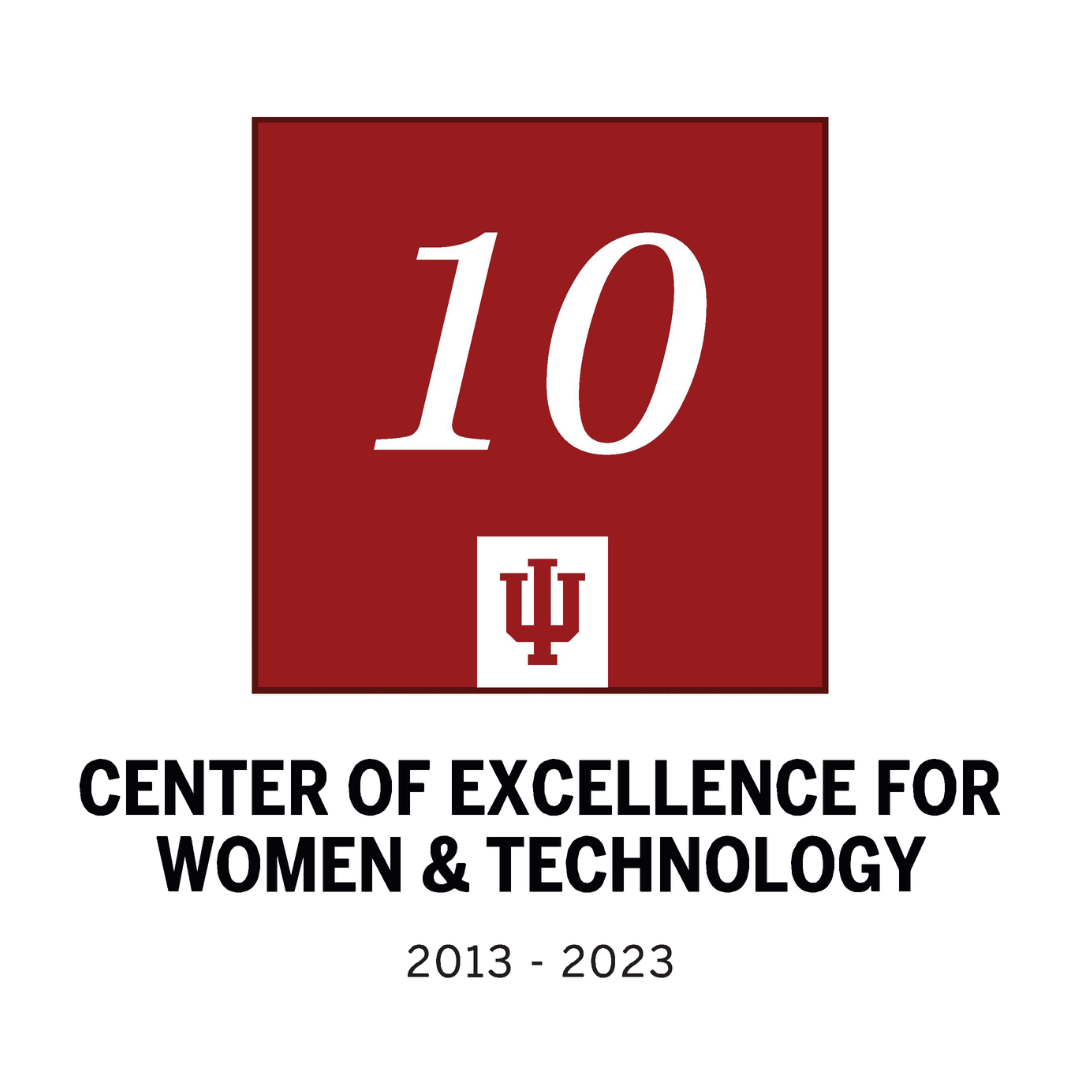
The Center of Excellence for Women & Technology Celebrates 10th Anniversary: A Decade of Empowering Women in Technology and Beyond

The Center of Excellence for Women & Technology Celebrates 10th Anniversary: A Decade of Empowering Women in Technology and Beyond
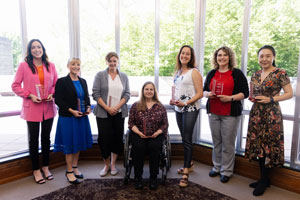
Celebrating our 2023 Outstanding Mentor/Advocate Faculty and Staff Award Winners
On May 16th, The Center of Excellence for Women and Technology honored an exceptional group of faculty and staff with the 2023 Outstanding Mentor/Advocate Awards. Each year, the Center seeks nominations for candidates who mentor, motivate, encourage, and advocate for women across IU, with a special focus on those who nurture the development of technical skills for women.
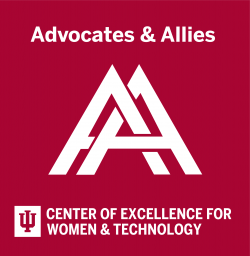
Looking Forward to Future Actions
This year, we have discussed many areas where we all can become better allies and suggested many actions we can take to become more inclusive and equitable in our spaces. For our final Ally Tips of this academic year, we wanted to leave you with action items that can strengthen your allyship this summer and beyond. We have enjoyed learning and growing with you and look forward to seeing you next fall!

Promoting Environmental Justice
April 22nd was Earth Day, and we felt it would be important to talk about environmental justice, an important part of allyship that recognizes the relationship between environmental regulation/protection and systems of oppression, particularly for Communities of Color and women. IU’s recently taken steps to incorporate sustainability on campus, including creating a sustainability literacy curriculum requirement. We overview the history of the movement, the relationship between higher education and environmental justice, and how we can incorporate environmental justice into our allyship.
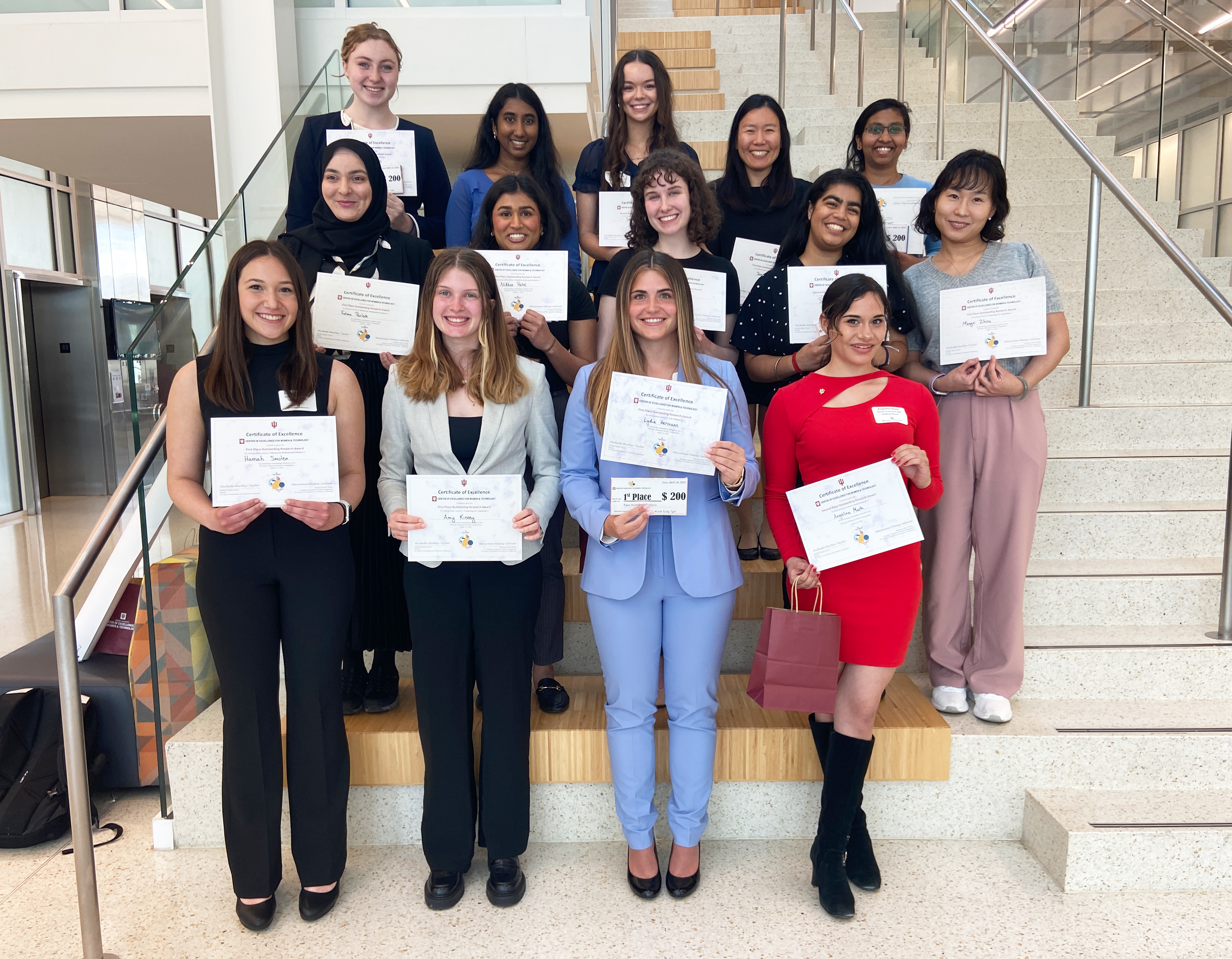
2023 Women's Poster Competition Winners
Congratulations to the winners of the 2023 Women's Research Poster Competition!
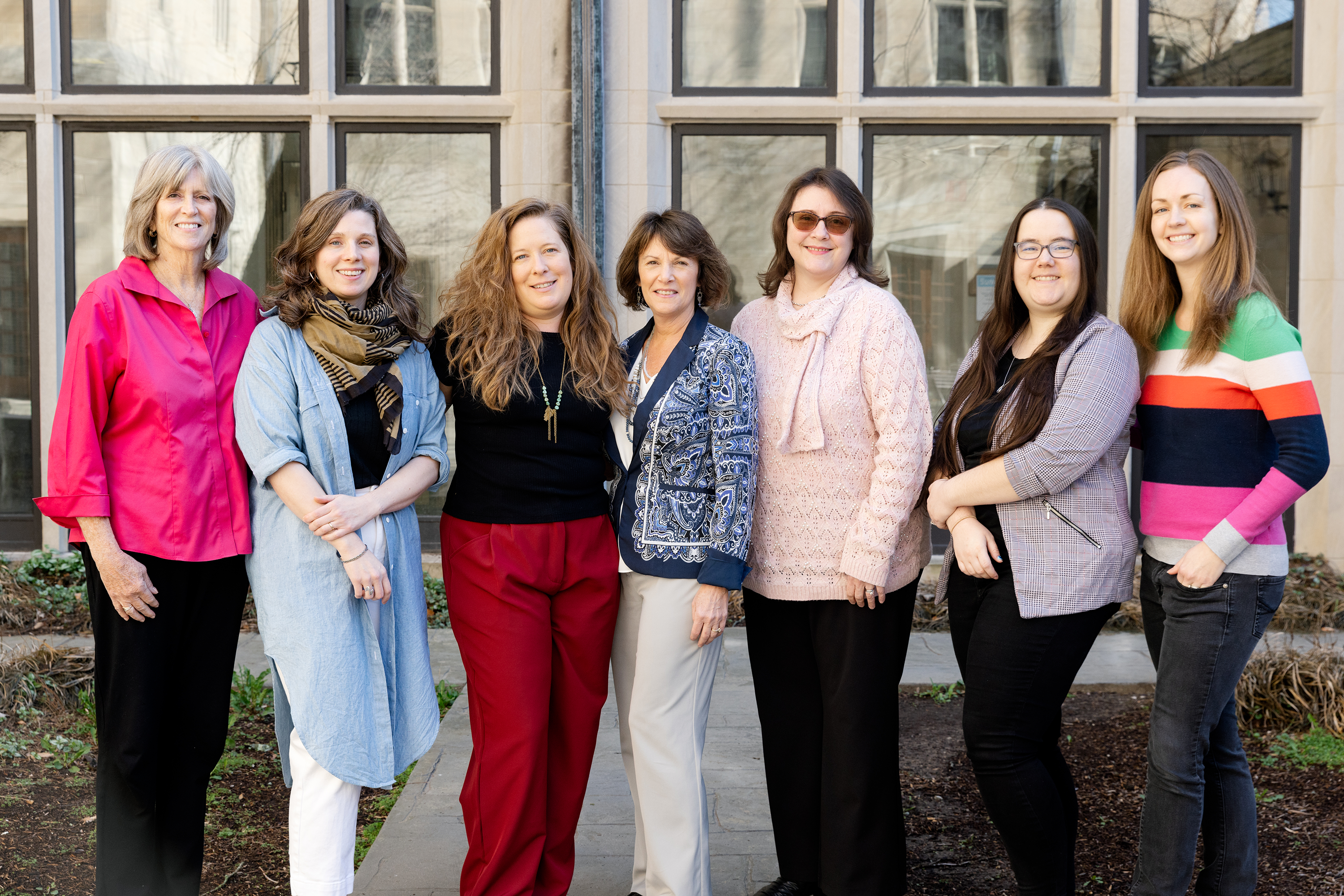
Center of Excellence for Women & Tech receives IT Leadership Team Collaboration award
The Center of Excellence for Women & Tech was honored to receive this year's IT Leadership Team Collaboration at the 2023 IU Statewide IT Conference.

Creating Inclusion for Refugee Women
Of the 20 million refugees living in a country outside their own,1 only 1% enroll in higher education compared to the global average of 36%.2 Recognizing that many must continue life without knowing when they can return home, we wanted to discuss how education is disrupted by displacement, what barriers face refugees in higher education, and how we can be more inclusive to the needs/experiences of people who are refugees. While little research has examined the intersectional experiences of displaced women,3, 4 we must remember displacement and education are complicated by sexism.

AAPI Experiences in Higher Education
In honor of IU celebrating Asian American and Pacific Islander Heritage month in April, we write about the experiences of AAPI people in higher education. We discuss the complicated logic around “AAPI”, anti-Asian racism, and how we can support the AAPI community. For more about AAPIHM and other resources, visit the Asian Culture Center website!

Stopping Sexual Violence in Higher Education
April is Sexual Assault Awareness Month, so we felt it important to discuss the prevalence of discrediting and erasing survivors’ experiences, how STEM fosters sexual violence, and what we can do prevent sexual violence in our lives. Though we are discussing statistics and systemic level understandings of sexual violence, we recognize that this information could be triggering to those who have experienced sexual violence; please proceed with caution if this content may be difficult to process.

We often discuss the idea of inequity as something occurring in the social interactions between people, focusing less on the physical ways inequity operates. We discuss the importance of considering bodily aftereffects of oppression, the many ways that inequity becomes embodied in higher education, and how we can begin to address these issues in our day-to-day work.
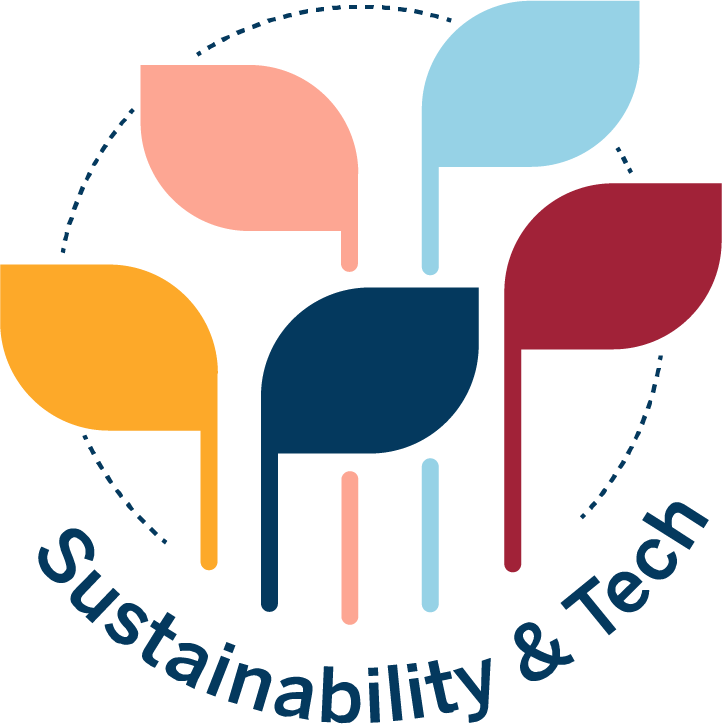
Announcing the Sustainability & Tech Team
This spring, our Center is excited to welcome a new student alliance team, the Sustainability & Tech Team.

Supporting Undocumented Women in Higher Education
As we enter Women’s History Month, we return to our regular conversation We discussed previously the Deferred Action on Childhood Arrivals (DACA) program (including the Trump administration’s rescinding of the program and recent court decisions) and our duty to make higher education a safe and supportive place for undocumented people. This week, we revisit our discussion of racist nativism and documentation status, explore undocumented people’s experiences, and explore ways we can support undocumented/DACAmented people.

Recognizing Women’s History Month
As we enter Women’s History Month, we return to our regular conversation about sexism in higher education, focusing on the narratives around women’s ability, sexism in the classroom, workplace, and beyond, and how we can create a more inclusive space for all women.

Revisiting Emotional Intelligence
Emotional intelligence (EI) is an often under-examined, yet vitally important, skill when it comes to allyship. Being mindful of your emotions is critical to striving towards justice, as the hard work of unlearning prejudice and using your privilege can conjure feelings which have been socialized into us from an early age. We discuss emotions in social justice and equity, EI in daily life, and ways to develop higher EI as an ally.

Recognizing Physical Disability
Physical disability is generally more recognizable than other types of disability, perhaps giving a false impression that inclusion of people with physical disabilities is easier than other types. This is evident when discussions of equity and inclusion only focus on physical accessibility as a means of remedying ableism – an important step but not the last or only one. We discuss portrayals of physical disability in media and how this shapes our perceptions, the experiences of those with physical disabilities, and how we can move beyond narratives of accessibility.
2023 Women's Research Hackathon
Congratulations to the winners of the 2023 Women's Research Hackathon!

Prejudice and structural barriers based on age, otherwise known as ageism, is a deep-set facet of our society. While most frequently directed at older people, ageism can also affect young adults. We discuss latent imagery and stereotypes around age, the presence of ageism in higher education, and methods to validate age diversity and promote age inclusion.

Supporting Black Women Beyond BHM
For Black History Month, we wanted to start with a conversation about the experiences of Black women in higher education. It is important to recognize that higher education is shaped by the intersection of white supremacy and sexism. “Whiteness” and white supremacy within our society is an “ongoing and unfinished history, which orientates bodies in specific directions, affecting how they ‘take up’ spaces . . . and what it is that bodies ‘can do’.”1 As white supremacy intersects with patriarchy, Black women are placed in uniquely difficult positions about ways to act and simply be. Higher education is a space that particularly reproduces these systems in unique ways, undergirding the negative experiences we discuss in these tips.

Our upcoming workshop takes a look at where people fall short when trying to be allies. This week, we decided to share some questions to get people thinking about disconnection between action and impact. Think through these questions, such that you may be more reflective in what you do or say.

Holocaust Remembrance Day is on the 27th, so we highlight antisemitism in higher education and how we can be better allies to Jewish folks in higher education and beyond.

This week, we are looking at one of the most common forms of gender bias – the implicit and explicit devaluation of women. We chat “untitling,” stereotypical perspectives of women’s abilities, how we can make space for the expertise of women, and more!

Ally Resolutions for the New Year
As we begin the Spring semester and a new calendar year, we wanted to provide questions or prompts to help you make resolutions for allyship in the upcoming year. Answer these questions individually or with someone else who is looking to (re)commit to allyship in the following year. Keep your answers somewhere close and regularly return to your answers to ensure you maintain your commitments.